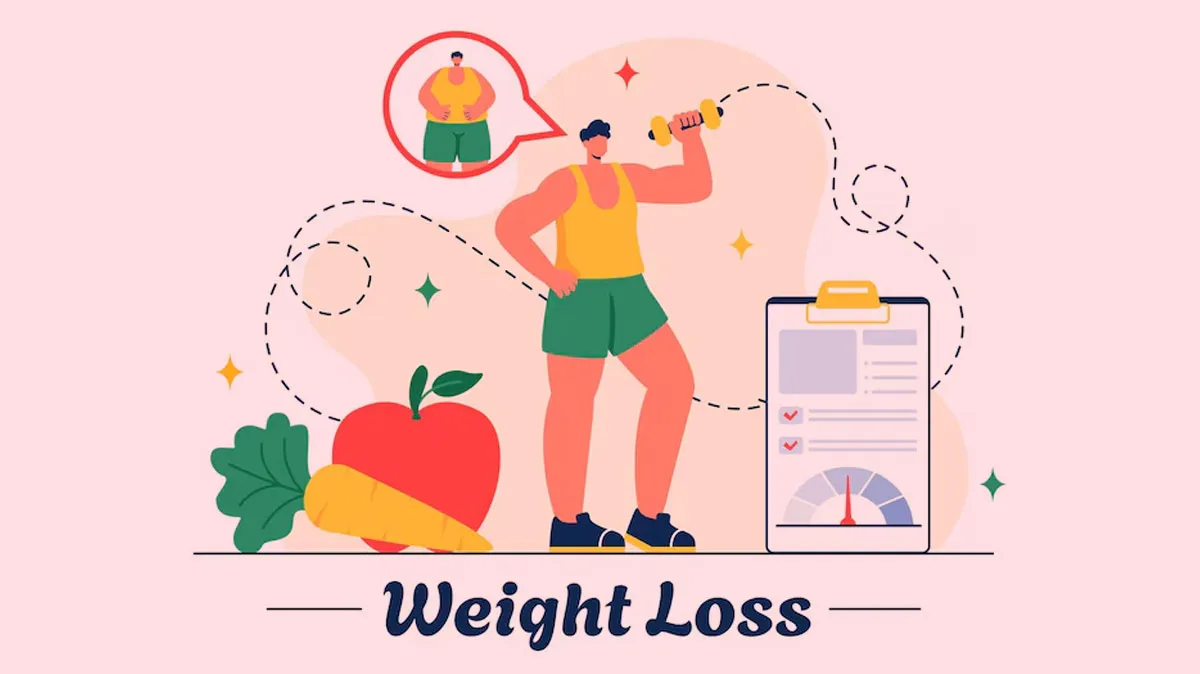
Weight loss is not easy. No matter what technique you apply, it will take time to show results. No weight trainer or dietician promises magic without effort. Amidst an array of methods available to lose weight, we tried to dig into the 30-30-30 weight loss rule. Dr Piyush Mishra, General Physician And Immunisation Officer, North East District, New Delhi, simplifies the process with the 30-30-30 rule. Scroll down to learn more about this diet plan that promotes long-term health and effective weight loss.
The 30-30-30 rule is a balanced approach to weight loss that combines diet, exercise, and hydration,” explains Dr. Mishra. It’s about making manageable changes that you can maintain over time, rather than drastic measures that are hard to sustain.
The 30-30-30 Rule breaks down as follows:
1. 30 Minutes of Exercise
2. 30 Minutes of Mindful Eating
3. 30 Ounces of Water
Effective weight loss is not possible without physical exercise. Regular physical activity is a cornerstone of any effective weight loss plan. The key is consistency and finding activities you enjoy.
Dr Mishra emphasises engaging cardio and stretch training. You can practise activities like brisk walking, running, cycling, or swimming. Additionally, aim for at least 30 minutes of moderate-intensity cardio most days of the week. You can also incorporate resistance exercises like weightlifting, bodyweight exercises, or yoga to build muscle and boost metabolism.
“Exercise not only burns calories but also improves overall health, boosts mood, and increases energy levels,” says Dr. Mishra.

Mindful eating involves paying full attention to the eating experience, from the flavours and textures to the body’s hunger and fullness signals. Here’s how you can practise mindful eating:
“Mindful eating helps prevent overeating and makes you more aware of your body’s nutritional needs. It’s about quality over quantity and making healthier food choices,” Dr Mishra added.

Staying hydrated is crucial for overall health and can aid in weight loss. Water helps control appetite, boost metabolism, and improve digestion. Here are the tips to stay hydrated:
“Drinking water before meals can also help reduce calorie intake by making you feel fuller,” Dr Mishra advises.

The 30-30-30 Rule offers a balanced and sustainable approach to weight loss with several benefits:
Remember, always consult with a healthcare professional before starting any new diet or exercise program to ensure it aligns with your individual health needs and goals.
Image Courtsey: Freepik
Also watch this video
Herzindagi video
Our aim is to provide accurate, safe and expert verified information through our articles and social media handles. The remedies, advice and tips mentioned here are for general information only. Please consult your expert before trying any kind of health, beauty, life hacks or astrology related tips. For any feedback or complaint, contact us at [email protected].